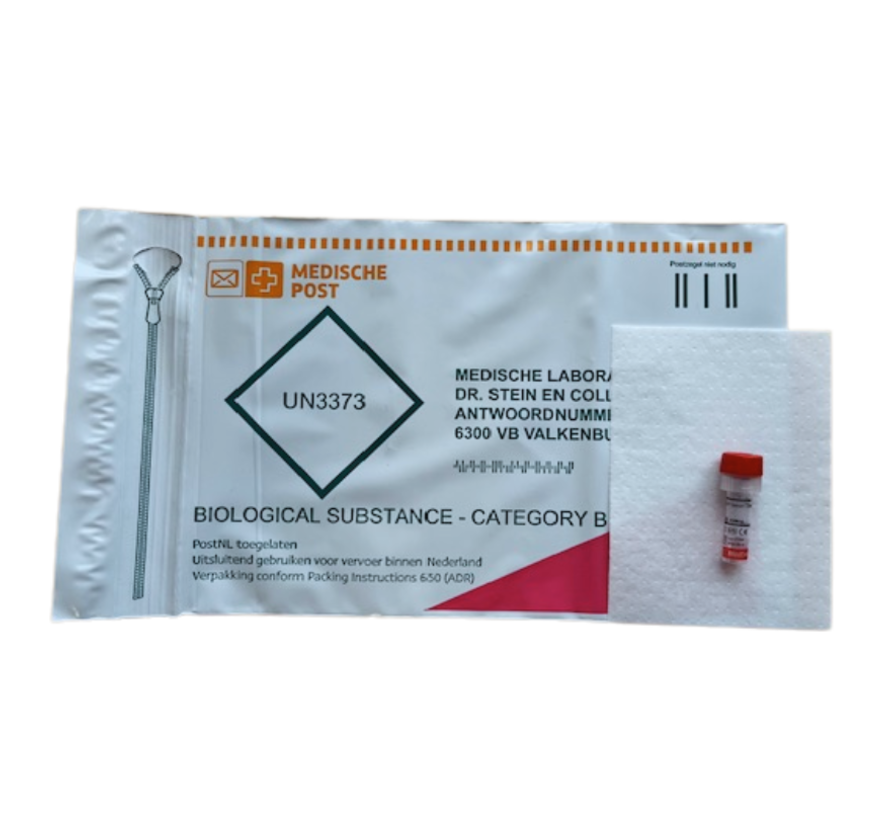Alkaline phosphatase - Finger prick
Alkaline phosphatase
Alkaline phosphatase (AF) is an enzyme that can remove phosphate groups from various molecules such as nucleotides, proteins, etc. AF detectable in blood is mainly produced by liver parenchyma, bile epithelium and osteoblasts. To a lesser extent, it is also produced by and intestinal epithelium, placenta and kidney tissue.
Regarding bone diseases, it is often seen as a measure of osteoblast activity. Alkaline phosphatase is therefore requested in the diagnosis and follow-up of liver disease, bile duct problems and bone diseases.
If an elevated concentration of alkaline phosphatase is measured in addition to an elevated and gamma-glutamyltransferase, liver disease may be present, while an isolated alkaline phosphatase elevation may represent bone disease, such as Paget's disease.
Increases in blood AF not associated with "disease" are seen during pregnancy and in the recovery phase after bone fractures.
Elevation can occur with liver abnormalities such as hepatitis, cirrhosis, or a space-occupying process. Another major reason for elevation is obstruction of the bile ducts, then bile cannot drain properly from the gallbladder. Fatty meals, pregnancy or kidney failure can also play a role in elevated alkaline phosphatase giving.
Lowered alkaline phosphatase occurs in menopausal women taking estrogen for osteoporosis. But also in people with malnutrition, magnesium deficiency, anemia, a slow-working and thyroid gland or after a severe bout of diarrhea.
Some medications can affect the outcome of determinations: for example, corticosteroids increase alkaline phosphatase.







